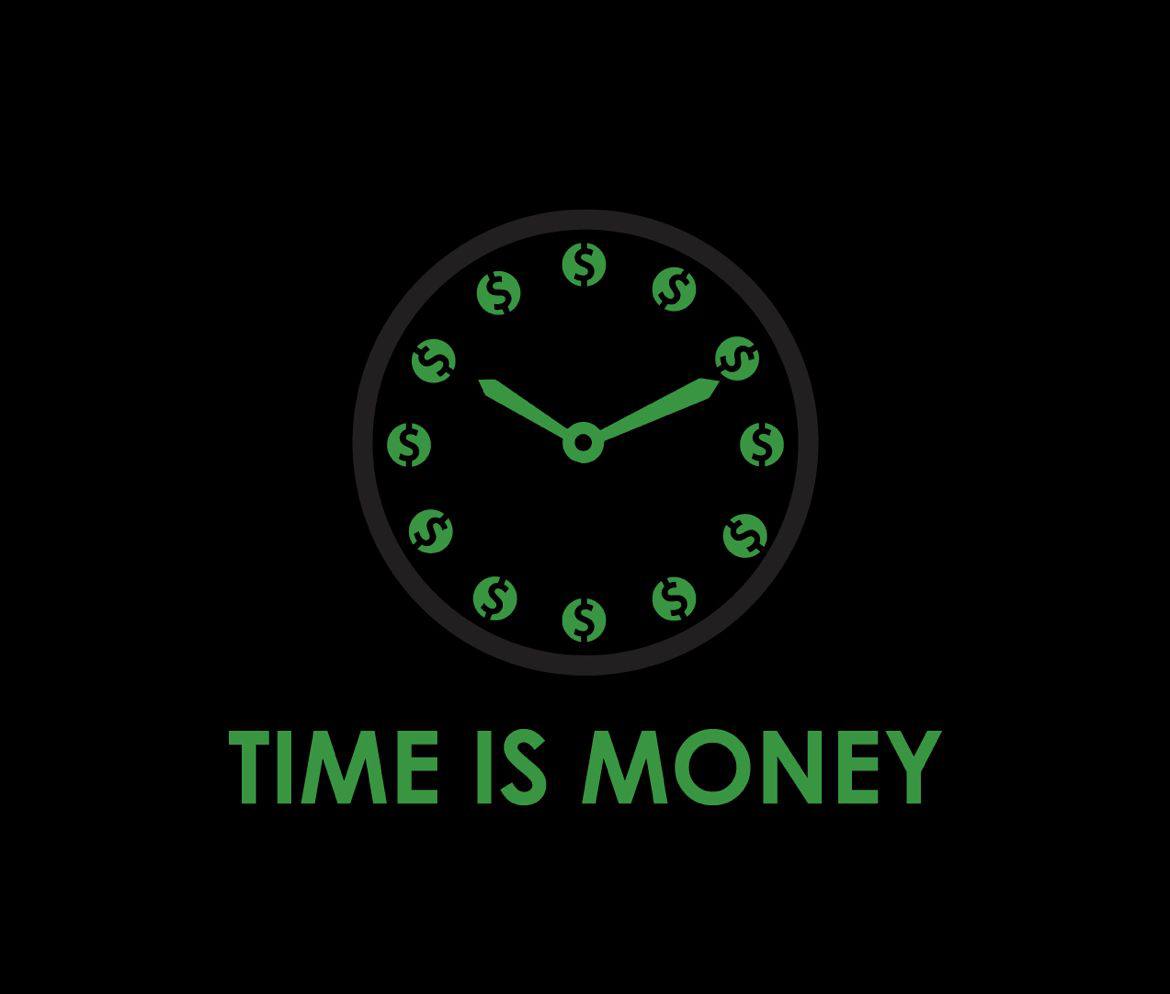Wednesday☕️

Trending:
- Iran Strikes Israel
- OpenAI Funding Round
Markets:
- Yesterday’s U.S. stock market:

- Yesterday’s commodity market:

- Yesterday’s crypto market:

Iran Strikes Israel:
- Yesterday, Iran launched around 200 missiles at Israel, targeting major cities like Tel Aviv and Jerusalem. This attack was a direct retaliation for Israel’s assassination of senior Iranian and Hezbollah leaders, such as Hassan Nasrallah, marking a significant escalation in the already volatile region. While Israel’s defense systems intercepted most missiles, this represents one of Iran’s few direct assaults on Israeli territory this year, reflecting the growing tensions between the two nations as Iran moves beyond proxy warfare to more direct confrontations, though neither has formally declared war.
- Since October 7, 2023, hostilities in the Middle East have sharply increased, particularly between Israel and Iranian-backed groups like Hezbollah, Hamas, and the Houthis. Israel’s military campaigns against these groups have intensified, leading to a cycle of attacks and retaliations. The Houthis, another Iranian-supported faction, have disrupted trade in the region, further fueling instability. Iran’s backing of these proxies has made them more powerful and capable of threatening Israel and disrupting broader regional stability.
- Without Iran’s support, groups like Hezbollah, Hamas, and the Houthis would struggle to maintain the resources and influence they currently wield. Iran funds, arms, and trains these organizations, allowing them to strike Israel and its allies, which aligns with Iran’s broader goal of countering Israeli influence in the Middle East. This direct involvement has made the conflict not just a proxy war but a larger confrontation between Israel and Iran’s interests, impacting the entire region.
- Historically, the conflict between Israel and Iran stems from ideological, geopolitical, and religious differences, dating back to the 1979 Iranian Revolution. Iran has positioned itself as an adversary to Israel, rejecting its legitimacy and supporting movements aimed at its destruction. Meanwhile, Israel views Iran’s nuclear ambitions and its support of militant groups as existential threats. Over the decades, this conflict has played out through proxy wars, covert operations, and now increasingly direct attacks, shaping the security landscape of the Middle East.
OpenAI Funding Round:
- OpenAI is currently raising $6.5 billion in a funding round that would push its valuation to $150 billion. Thrive Capital is leading this round with a $1 billion investment, and other participants include Microsoft, SoftBank, and Nvidia. SoftBank alone is expected to contribute $500 million through its Vision Fund. Notably, Apple was initially in discussions to join but ultimately chose not to participate. This funding will be crucial for OpenAI as it scales its infrastructure to support increasing demand for its AI models like GPT-4o.
- The terms of the round also include an option for some investors to invest an additional $1 billion next year at the same valuation. The funding comes at a time when OpenAI is experiencing rapid revenue growth. The company expects to generate $3.7 billion in revenue by the end of 2024, with projections to hit $11.6 billion in 2025. However, despite its revenue growth, OpenAI faces significant operational costs. It is projected to incur losses of up to $5 billion this year as it invests heavily in infrastructure and talent to sustain its AI advancements.
- As a result, OpenAI is also seeking an additional $5 billion in debt financing to manage its cash flow and operational expenses. OpenAI's shift towards profitability is also tied to restructuring its corporate model. The company, originally structured with a nonprofit foundation, is working to eliminate profit caps to attract more investment. This restructuring is seen as a critical step toward securing the capital needed to continue its projects. If OpenAI doesn’t reach profitability within a specified period, some of this funding could convert into debt, making this a high-stakes period for the company as it navigates both financial and operational pressures.
Statistic:
- Largest companies by market cap:
- 🇺🇸 Apple: $3.439T
- 🇺🇸 Microsoft: $3.127T
- 🇺🇸 NVIDIA: $2.870T
- 🇺🇸 Alphabet (Google): $2.064T
- 🇺🇸 Amazon: $1.943T
- 🇸🇦 Saudi Aramco: $1.753T
- 🇺🇸 Meta Platforms: $1.458T
- 🇺🇸 Berkshire Hathaway: $986.17B
- 🇹🇼 TSMC: $892.36B
- 🇺🇸 Tesla: $824.28B
- 🇺🇸 Eli Lilly: $796.40B
- 🇺🇸 Broadcom: $782.18B
- 🇺🇸 Walmart: $653.26B
- 🇺🇸 JPMorgan Chase: $589.06B
- 🇨🇳 Tencent: $543.37B
- 🇺🇸 Visa: $540.17B
- 🇺🇸 UnitedHealth: $538.62B
- 🇺🇸 Exxon Mobil: $532.82B
- 🇩🇰 Novo Nordisk: $519.87B
- 🇺🇸 Oracle: $463.21B
- 🇺🇸 Mastercard: $458.57B
- 🇺🇸 Procter & Gamble: $406.59B
- 🇺🇸 Home Depot: $406.30B
- 🇺🇸 Johnson & Johnson: $389.94B
- 🇺🇸 Costco: $388.78B
- 🇫🇷 LVMH: $367.29B
- 🇺🇸 AbbVie: $347.89B
- 🇳🇱 ASML: $328.45B
- 🇨🇳 Kweichow Moutai: $309.83B
- 🇺🇸 Coca-Cola: $309.06B
- 🇰🇷 Samsung: $305.63B
- 🇺🇸 Bank of America: $304.33B
- 🇺🇸 Netflix: $303.04B
- 🇺🇸 Merck: $290.84B
- 🇨🇳 ICBC: $288.39B
- 🇨🇳 Alibaba: $288.02B
- 🇺🇸 Chevron: $271.66B
- 🇩🇪 SAP: $263.40B
- 🇺🇸 Salesforce: $258.95B
- 🇨🇭 Nestlé: $258.82B
- 🇺🇸 AMD: $258.55B
- 🇨🇭 Roche: $252.61B
- 🇫🇷 Hermès: $249.47B
- 🇯🇵 Sumitomo Mitsui Financial Group: $248.59B
- 🇬🇧 AstraZeneca: $244.58B
- 🇦🇪 International Holding Company: $242.48B
- 🇺🇸 T-Mobile US: $240.47B
- 🇯🇵 Toyota: $239.31B
- 🇮🇳 Reliance Industries: $236.28B
- 🇺🇸 Pepsico: $235.40B
Article Links:
Bitcoin Explained
Bitcoin is a decentralized digital currency created in 2009 by an unknown person or group using the name Satoshi Nakamoto. The origins of Bitcoin are shrouded in mystery, and the true identity of its creator(s) remains unknown to this day. However, the impact that Bitcoin has had on the

Encryption Explained
Encryption is a significant area of cybersecurity, an essential tool in protecting information in the age of the internet. At its core, encryption is the process of converting data or information into a code to prevent unauthorized access. This process transforms readable data, known as plaintext, into an encoded form,

The Dark Web
The dark web is a complex segment of the internet, often associated with anonymity and illicit activities. This analysis delves deeply into its technological infrastructure, the nature of its security threats, and the crucial role of dark web intelligence platforms for security. The origins of the dark web are closely

Thanks for reading!
TIME IS MONEY: Your Free Daily Scoop of Markets📈, Business💼, Tech📲🚀, and Global 🌎 News.
The news you need, the time you want.
TIME IS MONEY
TIME IS MONEY: A Free Daily Email Newsletter of Markets📈, Business💼, Tech📲🚀, and Global 🌎 News.

Support/Suggestions Emails:
timeismoney@timeismon.news


